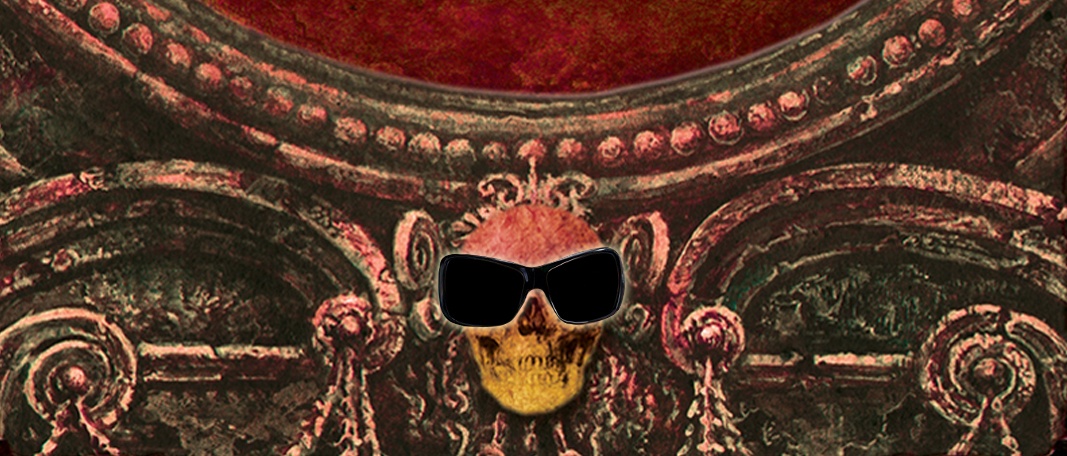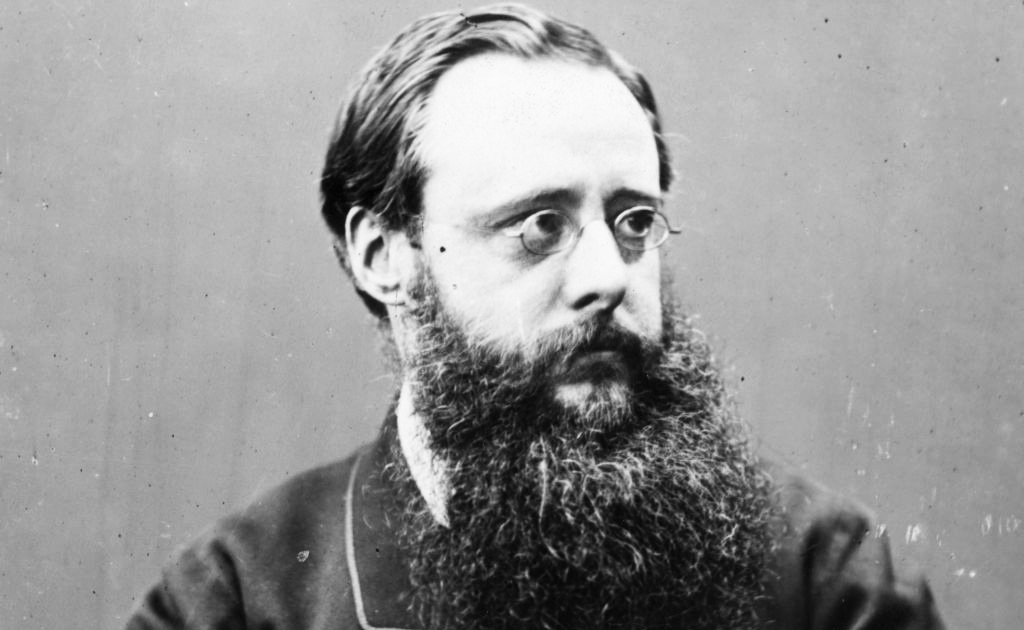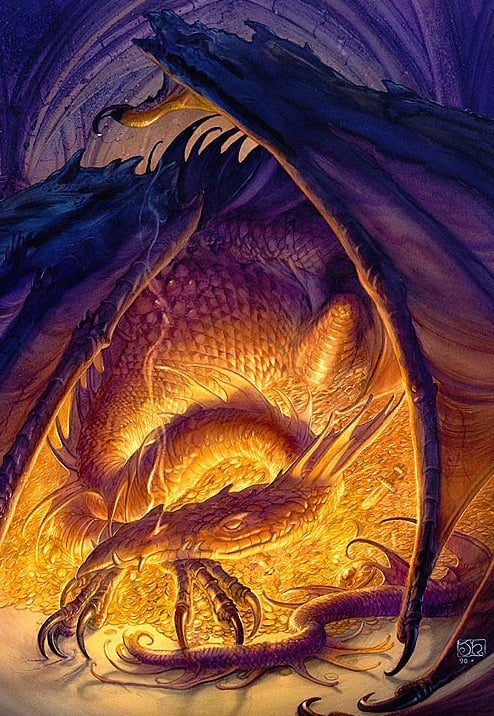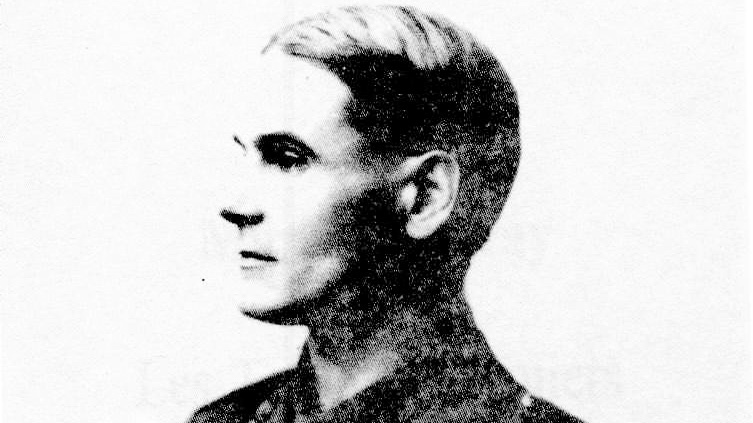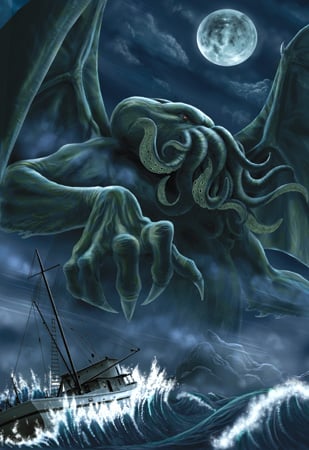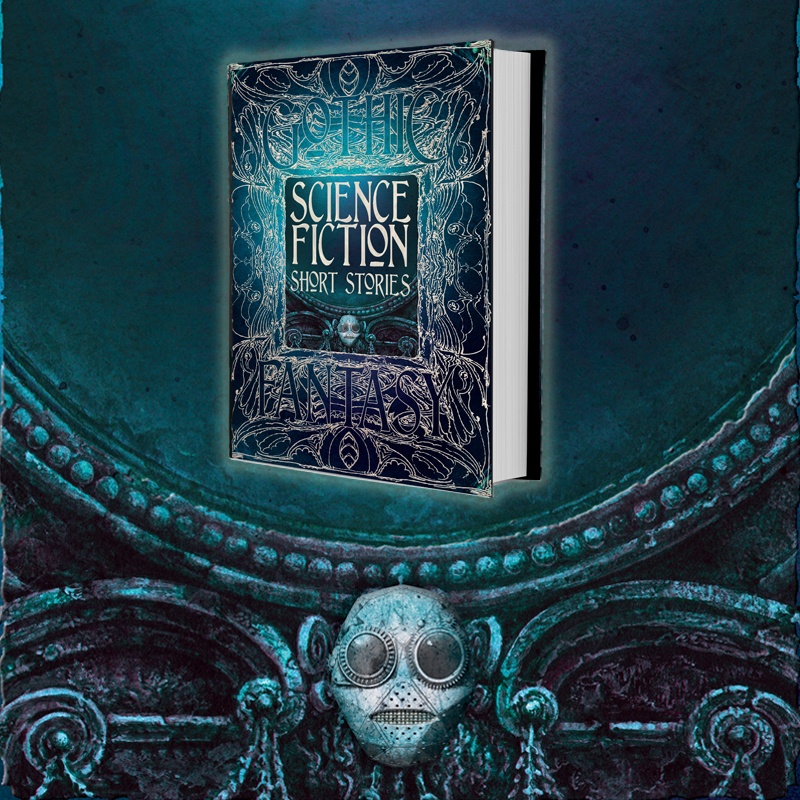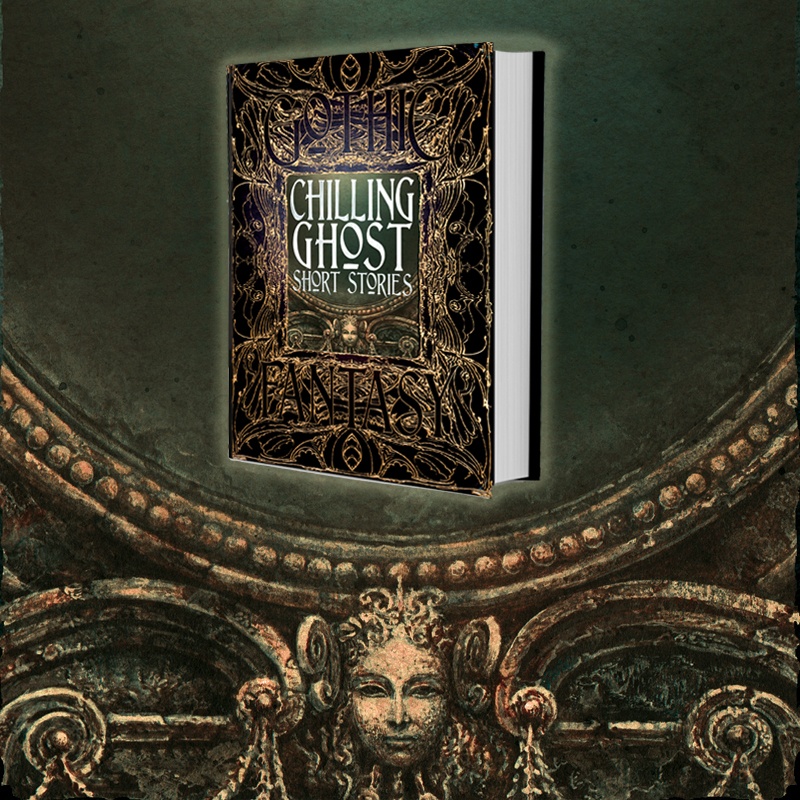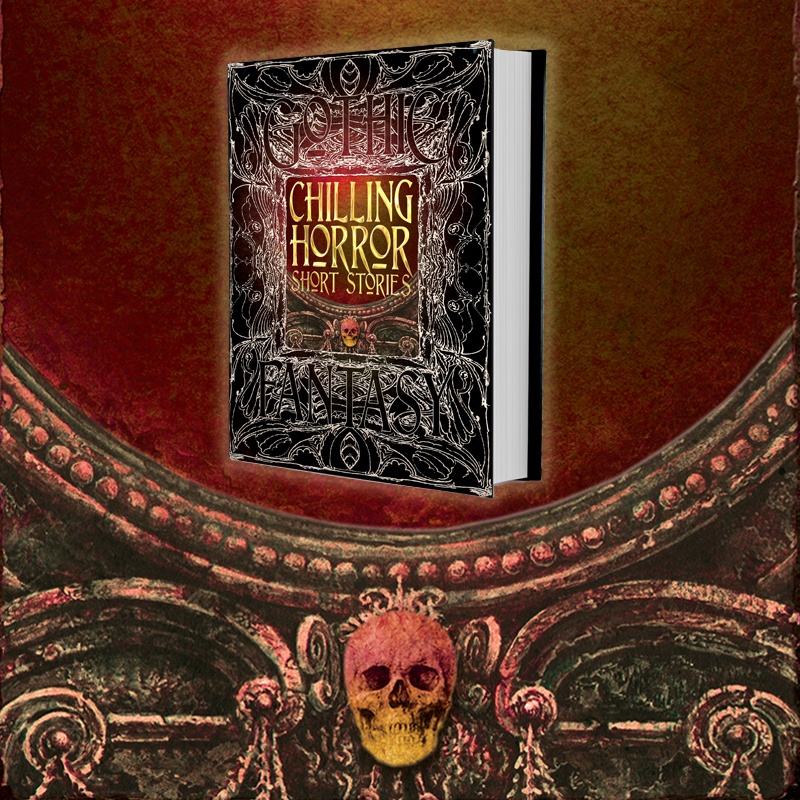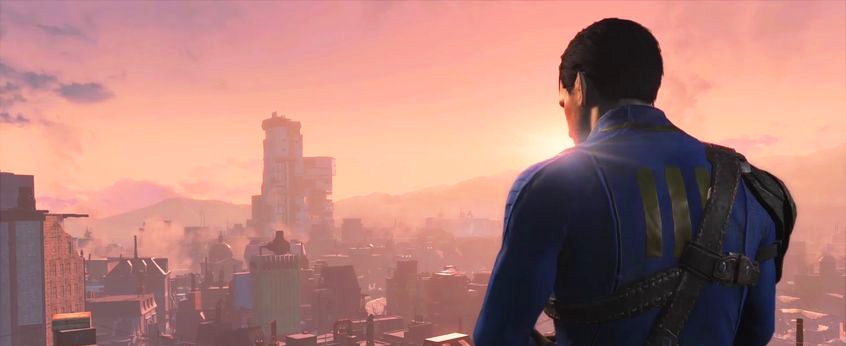‘A series of images, thoughts, and emotions, often with a story-like quality, generated by mental activity during sleep’: this is the definition of a dream given by the Oxford English Dictionary. We’ve all experienced it, that bizarre state between wakefulness and sleep (or between lengthy snooze alarms), when REM sleep has had just enough time to set in and pelt you with the strangest sequence of ideas – images sometimes mundane, sometimes fantastical, but always disconcertingly removed from reality. Frightening and exhilarating, that delightfully ambiguous state when the mind is not fully itself is when logic is distorted, traditional paths of thought are muddled and the mind is open to everything. There, there be monsters. The unrestrained creative world of dreams offers endless possibilities for the imagination, and such realms provide the most intriguing, thrilling and in many ways the most beautiful material for art.
.png?width=3036&height=619&name=Beautiful%20books%2c%20Timeless%20storytelling%20(4).png)
